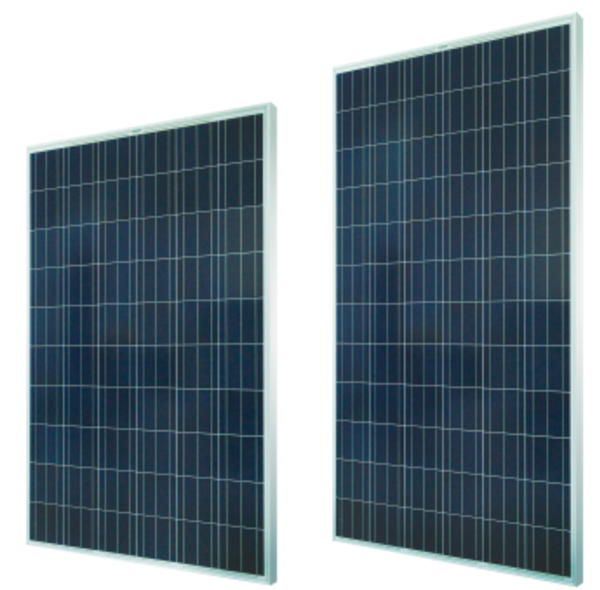The Taiwanese company expects PERC production to account for roughly 60% of its total manufacturing capacity by the fourth quarter of this year. The new production lines will be operational by October, according to a statement on its website.
The Taoyuan-based PV cell manufacturer believes that PERC cells could help to bring it back to profitability. The company reported a net loss of NT$481 million ($15.8 million) in 2016, from NT$334 million a year earlier. In May of this year, its monthly revenues hit NT$598 million, up 12.6% from April but down 35.6% year on year. Total revenue for the January-May period stood at NT$2.4 billion, down 53% on the year.
Solartech is also increasingly focusing on producing polycrystalline black silicon PV cells, as they offer a higher rate of energy conversion than its other products. However, the company is only using about 80% of its production capacity at the moment, due to insufficient staff levels and low average selling prices of its cells. Last September, TS Solartech — the group’s production venture in Malaysia — cut 100 staff members from its payroll.
In April, Solartech claimed that it had achieved a conversion efficiency rate of 19.6% with its Sapphire multicrystalline silicon PV cells. It believes that the global solar industry’s growing focus on distributed-generation projects — particularly residential and commercial PV installations — is driving greater demand for high-efficiency solar cells.
It currently has an annual PV module production capacity of 180 MW, in addition to cell production. It is also increasing its focus on downstream project development. At the moment, it is building an 18 MW floating PV array in Taoyuan. It plans to install between 30 MW and 50 MW of solar capacity this year and 100 MW in 2018.
The company — which was established in May 2005 — surpassed 1 GW of annual cell production in 2015. It has also made investments in CIGS thin-film PV and upstream polysilicon production. It has been listed on the Taiwan stock exchange since late 2008.
This content is protected by copyright and may not be reused. If you want to cooperate with us and would like to reuse some of our content, please contact: editors@pv-magazine.com.



By submitting this form you agree to pv magazine using your data for the purposes of publishing your comment.
Your personal data will only be disclosed or otherwise transmitted to third parties for the purposes of spam filtering or if this is necessary for technical maintenance of the website. Any other transfer to third parties will not take place unless this is justified on the basis of applicable data protection regulations or if pv magazine is legally obliged to do so.
You may revoke this consent at any time with effect for the future, in which case your personal data will be deleted immediately. Otherwise, your data will be deleted if pv magazine has processed your request or the purpose of data storage is fulfilled.
Further information on data privacy can be found in our Data Protection Policy.